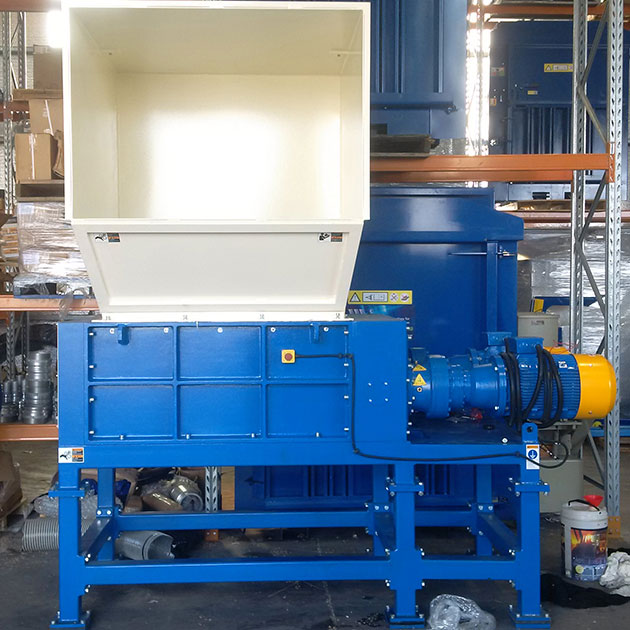A Deep Dive into 5 Waste Management Strategies for Sustainable Futures
In the ever-evolving world, the management of waste has emerged as a
pivotal concern for establishing a sustainable future. With population
expansion and consumerism surging, waste generation has escalated to
unprecedented levels. In response, ingenious waste control strategies are being
devised, advanced technologies like waste
compactors, compactor machines, bin lifters, and rubbish compactors. Let's
discuss five strategies crucial to forging a more eco-conscious and sustainable
future.
1. Source Segregation:
An integral waste management strategy involves source segregation, where
waste is categorized at its origin into distinct streams such as recyclables,
organic waste, and non-recyclables. This practice streamlines the handling and
processing of each waste category. Compactors play a vital role in this process
by diminishing the volume of non-recyclable waste, thereby facilitating more
efficient transportation and disposal. Furthermore, cutting-edge technology,
increase the accuracy of material segregation, minimizing the contamination of
recyclable materials.
2. Advanced Compaction:
The modern trash management landscape relies heavily on innovative
technologies such as compactor devices and rubbish compactors. These machines
employ sophisticated compaction methods to significantly decrease waste volume
before disposal. For instance, a compactor exerts formidable pressure to
compress waste materials, optimizing storage space and reducing the need for
frequent waste collection trips. Bin lifters are seamlessly integrated with
machines, automating the process of emptying waste bins into the compactor,
thereby enhancing efficiency and reducing manual labor.
3. Recycling Innovations:
Recycling stands as a cornerstone of sustainable trash management. The
ascent of recycling technologies has paved the way for the transformation of
waste materials into valuable resources, lessening the strain on natural
resources and mitigating landfill waste. Waste compactors play a pivotal role
in this endeavor by compacting recyclable materials like plastics, metals, and
cardboard, rendering them more manageable for transportation to recycling
facilities. Additionally, compactors compress and bale materials, streamlining
the recycling process. This not only conserves raw materials but also engenders
economic prospects through the sale of recycled materials.
4. Waste-to-Energy
Conversion:
Innovative debris management transcends conventional methods.
Waste-to-energy conversion entails harnessing the energy potential of waste
materials through processes like anaerobic digestion or incineration. While
concerns have been raised about emissions, modern technologies have
considerably enhanced the environmental impact of such processes. Trash
compactors contribute by preparing waste for energy conversion, ensuring
optimal energy recovery and combustion. By leveraging waste as a resource for
energy production, this strategy reduces reliance on fossil fuels and curbs
greenhouse gas emissions.
5. Smart Monitoring and
Data Analytics:
The integration of technology and data analytics has revolutionized trash
management, rendering it more precise and efficient. Innovative garbage
management systems employ sensors, GPS tracking, and data analytics to monitor
bin fill levels, waste collection routes, and operational efficiency. Compactor
machines, endowed with IoT capabilities, transmit real-time data, allowing
litter management entities to optimize collection schedules, minimize fuel
consumption, and diminish idle times. This data-centric approach not only
amplifies operational efficiency but also diminishes the overall environmental
impact of trash management endeavors.
Debris management stands as a pivotal
facet of shaping a sustainable future. The multifaceted tactics deployed to
combat the global waste challenge. By incorporating these strategies into scrap
management practices, we create the path for a cleaner, more sustainable world
for future generations. Visit https://wasteinitiatives.com.au/ to know more!





Comments
Post a Comment